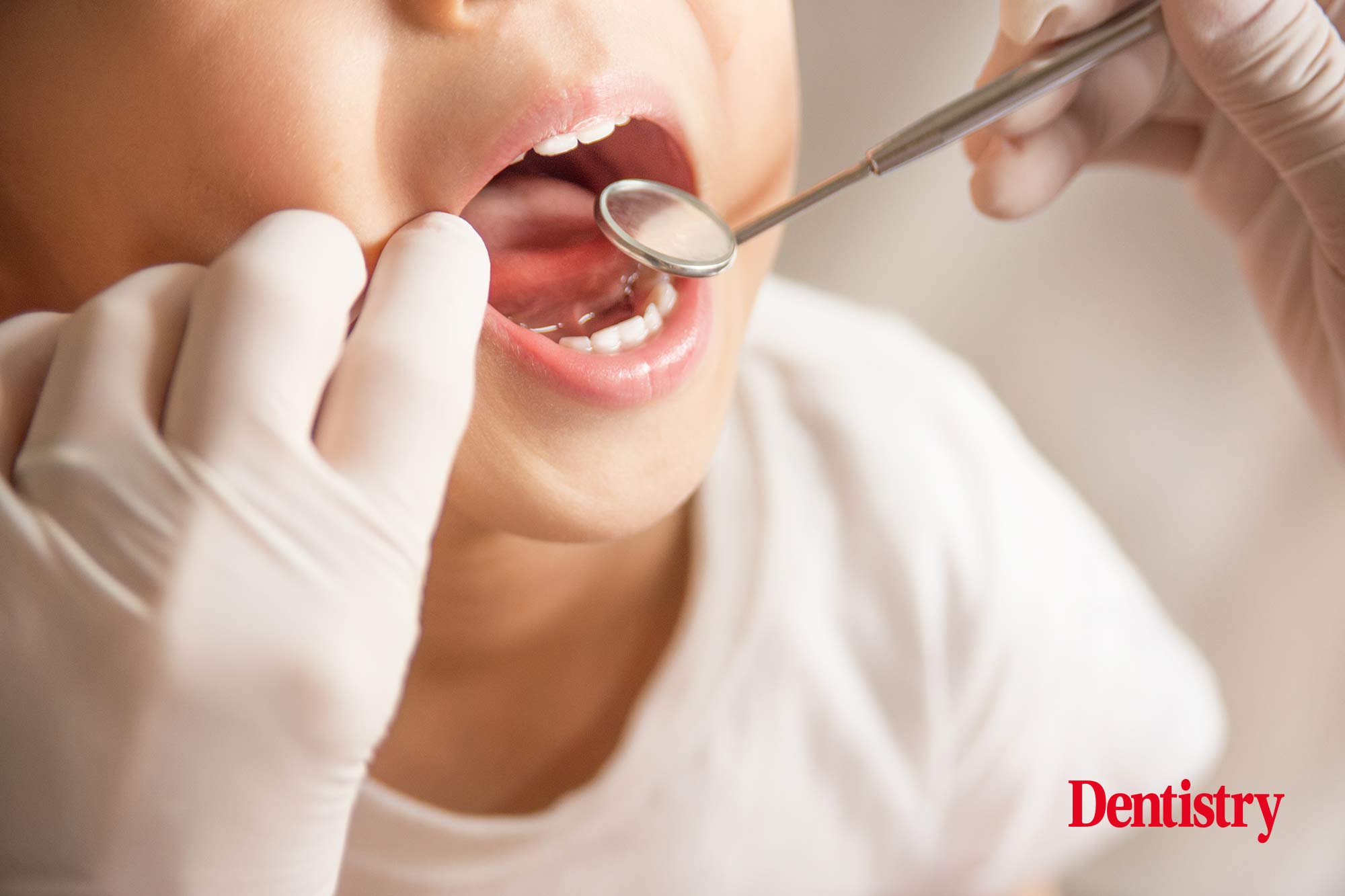
Untreated tooth decay is prevalent in children aged three to 11, new research shows, as half of all children in England can’t access an NHS dentist.
Dental Wellness Trust, a leading UK oral health charity, has revealed that untreated tooth decay is still prevalent in children aged three to eleven.
This comes after new research, led by the charity, found that half of all children in England do not have access to an NHS dentist.
As a result, Dental Wellness Trust is urging the government to fund more preventative measures to tackle the UK oral health crisis.
Worrying results
The research was carried out on a total of 332 children.
The charity also found that:
- 38% had active untreated tooth decay in their primary teeth
- Of this 38%, an average of 3.6 teeth per child were affected
- Only 42 children had a filling – just 12% of all of the children
- Untreated tooth decay was most prevalent in children aged five to 10
- Boys were more likely to have untreated tooth decay than girls
- Children aged four had the most amount of tooth decay
- Only 11 children (3%) had a caries preventative sealing on their primary teeth.
These findings reinforce the need for early education on oral health pre-school, and for prevention to be implemented.
Dentistry’s top stories
- NHS dentistry at breaking point, BBC study reveals
- ‘I feel your pain’: Rishi Sunak on his seven fillings and plans to reform dentistry
- Dental X-rays ‘likely to be used’ to assess UK asylum seekers
- MPs call for dermal fillers to be prescription only after damning report into body image
- Government announces ‘significant change’ to dental contract
- We’re sugared out – Dentistry launches its sugared out campaign.
Children in agonising pain
Dr Linda Greenwall is the founder of the Dental Wellness Trust. She has said: ‘This situation is set to get even worse following the pandemic. Dental practices are being forced to close and children are consuming food and drinks packed with excessive sugar.
‘Many are now suffering agonising pain, cannot sleep at night or concentrate at school and end up missing classes – in addition to emergency dental appointments for antibiotics and extractions.
‘Evidence shows that delays in preventative care could result in children developing more tooth decay, especially when it starts in childhood. This is the strongest indicator of risk into adulthood.’
She continued: ‘From the work that we do, we know that national strategies such as oral health prevention and toothbrushing programmes in schools and nurseries is one way of supporting this long overdue “prevention better than cure” ethos.
‘We call on the government and local authorities for more urgent funding and support. Tooth decay remains one of the most common non-communicable diseases worldwide.
‘For too long, so many children have suffered unnecessarily, especially among the Covid generation of pre-school children who have never seen a dentist or delayed seeing one for too long.’
Never visited a dentist
Dental Wellness Trust visit primary school’s as part of their Saving Kid’s Teeth campaign.
The campaign involves providing free oral health checks for the children and applying fluoride paste to protect their teeth from decay if necessary.
Recently, they visited Waulud Primary School in Luton. Many of the school children had never visited a dentist before.
Louise Bartlett, a teacher at the school, said: ‘It’s an amazing opportunity because the dental hygiene in our school is really poor.
‘We have a lot of children having absences because they have to have teeth taken out or because they’ve got so much pain in their teeth.’
In addition, the charity’s toothbrushing scheme has 20,000 school children in England taking part.
Supplied by Colgate, the children are given toothpaste and a toothbrush each term.
Linda said: ‘Every year, 48,000 children go into hospital to have their rotten teeth removed in England. That’s a big crisis.
‘They have to have a general anaesthetic to have their teeth removed because they’re in so much pain.’
NHS dentistry at breaking point
This comes after the BBC carried out ‘the most extensive survey of patient access ever undertaken’ on the state of NHS dentistry.
The investigation found that NHS dentistry is at a tipping point.
This is because nine in 10 NHS dental practices across the UK are not accepting new adult patients for treatment.
In addition, eight in 10 NHS practices are not taking on new children for treatment.
As well as this, some 200 practices said they would only take on a child under the NHS if a parent signed up as a private patient.
The BDA has called for the government to ‘stop rearranging the deckchairs’. In addition, the government should urgently commit to a ‘fair funding settlement and fundamental reform of the service’, the BDA has said.
Shawn Charlwood is chair of the BDA’s general dental practice committee. He said: ‘NHS dentistry is at a tipping point, with millions unable to get the care they need and more dentists leaving with every day that passes.
‘We’re seeing the results of years of chronic neglect, set into overdrive by the pressures of the pandemic. The question now is: will ministers step up before it’s too late?
‘Nothing we’ve heard from government to date gives us any confidence this service has a future. Without real reform and fair funding NHS dentistry will die, and our patients will pay the price.’
Follow Dentistry.co.uk on Instagram to keep up with all the latest dental news and trends.


